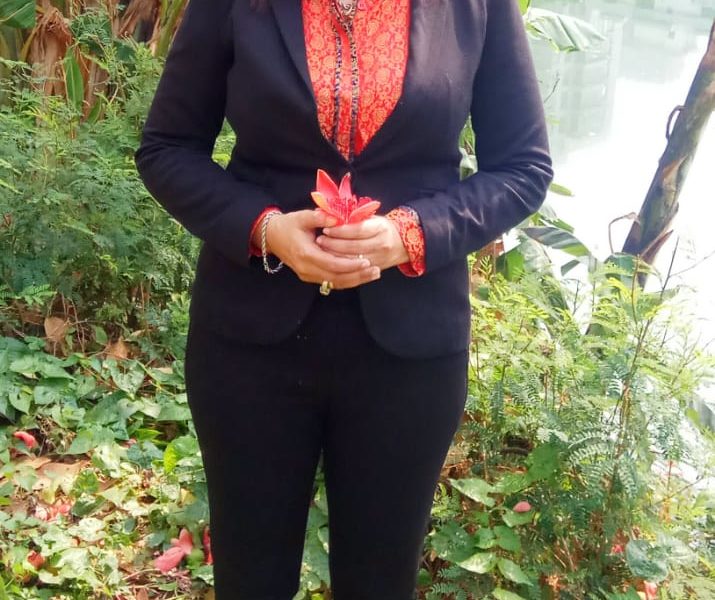Home > World
In China’s Hubei, uncertainty, pessimism and hope as life resumes
>> Reuters
Published: 27 Mar 2020 10:11 AM BdST Updated: 27 Mar 2020 10:11 AM BdST
Li Yu, 55, a peddler selling corn, wears a face mask at an ancient city wall in Jingzhou, after the tourist attraction reopened as the lockdown was eased in Hubei province, the epicentre of China’s coronavirus disease (COVID-19) outbreak. REUTERS
Li Yu, 55, a peddler selling corn, wears a face mask at an ancient city wall in Jingzhou, after the tourist attraction reopened as the lockdown was eased in Hubei province, the epicentre of China’s coronavirus disease (COVID-19) outbreak. REUTERS
Li Yu is happy she sold six pieces of roasted corn on the day she reopened her stall after travel restrictions were lifted in Jingzhou, but she worries about the future of her business near the city’s ancient wall, a tourist attraction in Hubei province.
Li was forced to close her stall in late January as part of Hubei’s lockdown to tackle the spreading coronavirus epidemic, only opening on Thursday as China began lifting curbs on the province amid a sharp fall in locally-transmitted virus cases.
Li, 55, says business is at its worst in the seven years since she opened her stall. The Chinese Lunar New Year holiday in February is usually high season for Li, but the virus lockdowns killed that.
In normal times she makes 4,000 yuan ($565.70) a month. The sale of six corn cobs would fetch around 12 yuan – a paltry daily income.
“The first half of the year is the season for the flowers to bloom. Many people come out here to admire the flowers, take pictures. It is supposed to be the peak period for us, but this year the coronavirus will definitely have a big impact,” Li told Reuters on Thursday.
For residents of Hubei, where the outbreak began late last year in its capital city of Wuhan, it has also left them to battle a stigma.
“Just look, there are so few people. Those from outside (Hubei) will not travel here for holiday,” said Li.
“Now Hubei in China is the hardest hit area, and no one dares to come. When they know you’re from Hubei they all keep away from you. They are scared.”
On the day Reuters spoke to Li only two of seven stalls around her section of the ancient wall were open, on Friday all the stalls were closed, with just a handful of people strolling around.
PESSIMISM AND HOPE
Chinese authorities have recently announced measures to try and get consumers spending and visiting tourist attractions again, such as by handing out millions of yuan worth of discount vouchers.
The government of Hubei, like others across the country, has also pledged to help tide over small businesses with policies such as value added tax exemptions.
That is little solace for Zhou Yanjun. Her restaurant, a 10 minute walk from Jingzhou’s ancient wall, is required to remain shut until further notice, although she is still on the hook to pay rent.
“Now we can only make food for ourselves to eat,” she said, as she prepared dinner for her family from her restaurant’s kitchen. “It’s going to be a very, very difficult year.”
Others found comfort in the reopening of the Jingzhou city’s ancient wall tourist area.
Friends Wang Jue and Xiao Man, both 25, met there on Wednesday for the first time since the lockdown was imposed two months ago.
Wang was still waiting to get back to her job in Wuhan, which remains on lockdown until April 8, while Xiao said she was applying for jobs, though she had yet to hear back for any in recent weeks.
Still, she was optimistic, Xiao said. “I hope everything can get back to normal soon.”






















